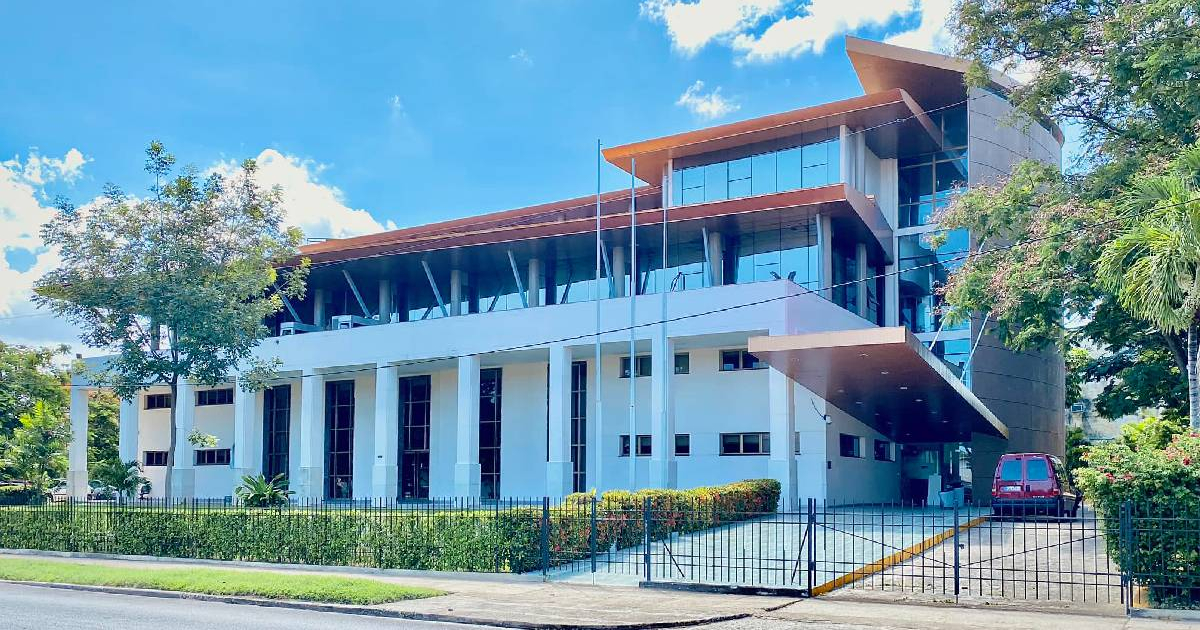
Related videos:
Leaked documents have revealed that the Cuban military conglomerate, led by the Revolutionary Armed Forces of Cuba (FAR), holds billions of dollars in offshore bank accounts, while the population is grappling with a severe humanitarian crisis characterized by a shortage of medicines and medical supplies.
Financial records obtained and revealed by Miami Herald show that companies linked to the Cuban military, such as Gaviota (focused on tourism), have approximately $4.3 billion in their accounts, a figure that is nearly 13 times the $339 million that the Cuban government has requested to supply the country’s pharmacies with essential medications, the publication points out.
The companies controlled by the Armed Forces have amassed vast sums of money, leading to an increase in national debt and worsening the lives of citizens, the media reports.
The leaked documents from GAESA reveal how these entities have diverted resources intended to alleviate the economic crisis, and in July 2024, Gaviota had 88.6 billion pesos in assets, including 51 billion in long-term investments.
The International Financial Bank of the island, controlled by GAESA, manages a large portion of these funds, including those from remittances and payments from foreign governments for Cuban medical missions.
Since 2008, under the presidency of Raúl Castro, GAESA has strengthened its control over various sectors of the economy, including tourism, telecommunications, and the management of remittances sent by Cubans abroad.
In 2023, despite the devastating effects of the pandemic and the sanctions, 36% of all government investments were allocated to the construction of new hotels, while only 2.9% was devoted to agriculture and 1.9% to health and social assistance programs.
Despite the lack of tourists, with only 1.8 million international visitors arriving in 2023 (compared to 4.2 million in 2018), the government continues to invest billions in the construction of new hotel rooms, mostly under the control of GAESA.
Cuban economic experts have explained that the crisis in the energy sector, as well as in housing construction and the collapse of the healthcare system, is a political decision, as the regime chooses to invest in the tourism sector despite the low influx of visitors.
Frequently Asked Questions about Corruption and the Economic Crisis in Cuba
What do the leaked documents reveal about the bank accounts of Cuban military personnel?
The leaked documents reveal that the Revolutionary Armed Forces of Cuba (FAR) have billions of dollars in foreign bank accounts while the population is facing a severe humanitarian crisis. Military-affiliated companies, such as Gaviota, hold approximately 4.3 billion dollars in their accounts.
How does military corruption affect the economy and the Cuban population?
Military corruption in Cuba, evident in the control of resources and million-dollar accounts abroad, has misappropriated funds intended to alleviate the economic crisis, exacerbating the national debt and worsening the living conditions of citizens. This stands in stark contrast to the scarcity of medicines and basic supplies on the island.
Why does Cuba continue to invest in tourism despite the economic crisis?
Despite the low influx of tourists, the Cuban regime continues to invest in the tourism sector. In 2023, 36% of all government investments were allocated to the construction of new hotels, while essential sectors such as agriculture and healthcare received less than 5% of the investments. This political decision prioritizes tourism over the basic needs of the population.
What is the impact of remittances on the Cuban economy?
Remittances are a crucial source of foreign currency for Cuba, but the control exerted by the military conglomerate GAESA diverts these funds from the basic needs of the population towards projects such as the construction of tourist hotels. This has been made possible through companies like Orbit S.A., which, despite being presented as civilian entities, are actually controlled by GAESA.
Filed under: